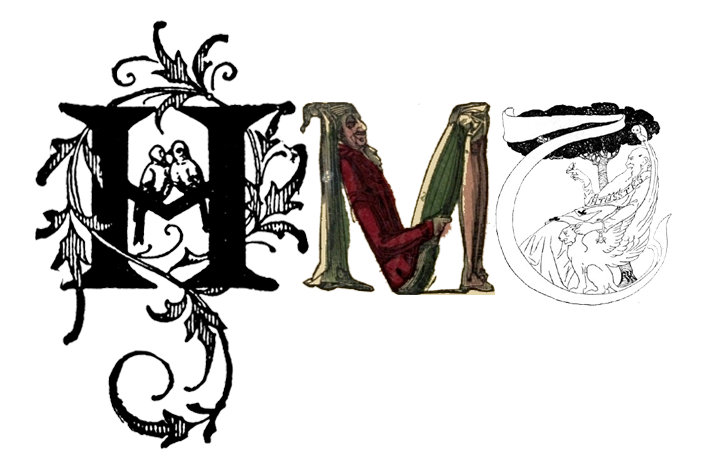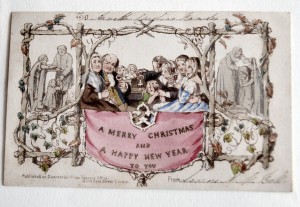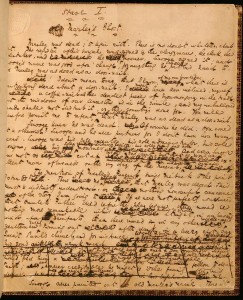Wednesday, 25 January 2012
12:00 – 14:00
Location: CRASSH, 7 West Road [please note new location]
At a symposium on digital editions held at CRASSH in May 2011, we resolved to convene a series of informal, termly meetings to stimulate development of and foster collaboration on digital editing projects in the Cambridge research community. For those interested in, or working on, digital editing projects, this will be a great opportunity to get together, share methodological and conceptual insights, and talk about the field of practice. This event is designed to challenge traditional disciplinary and professional boundaries, and we hope it will appeal to a wide range of participants from the Arts, Humanities, and Social Sciences. If you are in any doubt about participating, please get in touch.
As this is the first meeting of the group in 2011-2012, we will use the occasion to constitute the group and introduce participants to one another. We will also discuss two short readings from a 2009 special issue of Digital Humanities Quarterly, ‘Special Cluster: Digital Textual Studies: Past, Present, and Future’:
- Kenneth M. Price, ‘Edition, Project, Database, Archive, Thematic Research Collection: What’s in a Name?’, Digital Humanities Quarterly, Summer 2009.
- Julia Flanders, ‘The Productive Unease of 21st-century Digital Scholarship’, Digital Humanities Quarterly, Summer 2009.
See http://digitalhumanities.org/dhq/vol/3/3/index.html for the relevant issue, and do feel free to read the other essays in the collection, which might also stimulate discussion.
It would be very helpful if participants could come to the meeting ready to share ideas about their own projects – whether already achieved, or still in embryo. We will suggest and briefly present at the meeting a few resources that present models and challenges to editors working in the electronic environment.
At some point we will decamp for lunch into ‘The ARC’ (the tearoom in the new Alison Richard Building at 7 West Road).
For further information, please contact Jason Scott-Warren (jes1003@cam.ac.uk) or Andrew Zurcher (aez20@cam.ac.uk). We look forward to a lively discussion and creative planning for the rest of the year’s meetings.
The event is free to attend but registration is required. To book your place please visit http://www.crassh.cam.ac.uk/events/1820/ and click on the link.


